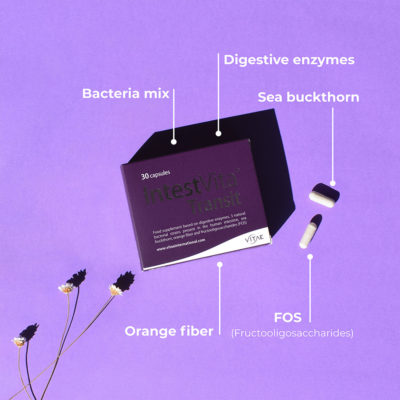The feeling of being in love to many causes loss of appetite; nerves caused by exam periods can lead to digestive ailments. Our mood is directly related to our digestive system in multiple situations. Food and emotions go hand in hand.
Intestine, nutrition and brain power are three concepts that are increasingly more related. Proper nutrition maintains the right balance between the different populations of beneficial bacteria that live in our intestines, giving us not only nutrients such as certain vitamins, but also neurochemical mediators able to influence our mood and our behavior.
Food and emotions, what you need to know.
According to our eating habits that we will favor the growth of some bacteria or other, and we condition our emotions. Currently the intestine is known as “the second brain”. This is where many hormones and neurotransmitters that influence different brain areas by stimulating emotions and feelings are synthesized.
An intoxicated intestine does not produce the required amount of serotonin, and we end up feeling sad or even depressed. New research points out that much of what makes us human is directly related to microbial activity even begins to relate to the character: the most outgoing children manage stress hormone in different ways to introvert children, seeing the intestinal flora involved.
Dopamine, nitric oxide and GABA neurotransmitters are synthesized by specific beneficial bacteria in the gut, like serotonin (hormone responsible for feelings of well-being).
These neurohormones are responsible for regulating sensory transmission that makes us think, feel and act the way we do.
A sad moment can become for many a compulsive behavior to certain foods, especially oily and rich in carbohydrates, because they release quickly certain hormones and mediators that induce feelings of well being and happiness momentarily, however is a peak disappear moments later.
In order to maintain our positive emotions and cheerful mood bacteria are necessary as Lactobacillus and Bifidobacterium, both related to the synthesis of neurochemicals associated with happiness.








